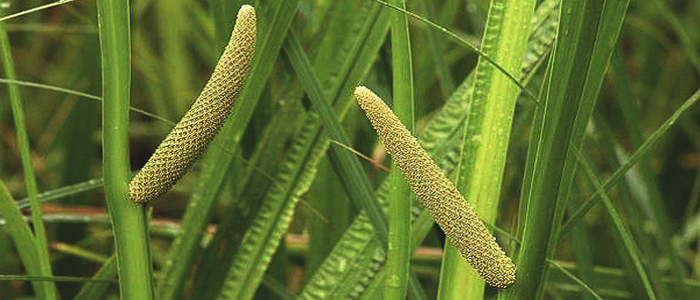Brian for September 29 – Calamus, Ulysses, etc.
In an article for “The Chronicle Review,” published by The Chronicle of Higher Education, Prof. Steven G. Kellman addresses the legacy of James Joyce’s Ulysses. A couple points from his article made me think I was reading a review of the Life and Writing of Walt Whitman:
Joyce’s Ulysses, named the best English-language novel of the 20th Century by the Modern Library, is a “book more venerated than read,” which I thought was a good description of Whitman’s general body of works: Other than knowing “O Captain! My Captain!” [my favorite Whitman poem] from the movie Dead Poets Society, and perhaps the lines “I celebrate myself” and “I sing the body electric” from Leaves of Grass, most laypersons would likely not be able to quote or claim to have read any of the “Poet of Democracy.”
Kellman’s other main point which resonated strongly with our current Whitman readings is the way Ulysses successfully elevates the banal and ordinary to the level of high art in what Northrop Frye calls “the mimetic mode.” We have already seen in “Song of Myself” how the ordinary becomes the extraordinary in Whitman’s celebration of humanity. But in “Calamus,” Whitman goes further, elevating the profane to the highest level.
As elucidated by Prof. Tyler Hoffman in an introductory lecture on Whitman [Rutgers University – Camden graduate course, 03 September 2009], Whitman chose carefully the image of calamus in naming his poems on “manly love,” with the phallic-shaped plants serving as an overt central symbol of Whitman’s beloved penis-fest.

Likewise, although not cited by Kellman, Joyce in Ulysses elevates the obscene to artistic in the episode “Nausicaä,” in which a pornographic image of main character Leopold Bloom masturbating to the sight of Gerty MacDowell’s underpants is described as [and alongside] the most magnificent fireworks shooting into the sky and exploding all over Dublin.
This brings up another point – that both Whitman and Joyce, despite having written their respective works long ago [nearly a century now for Joyce], are still considered pornographic to a certain degree even by today’s much more liberal standards.
In any case, Joyce was certainly a follower of Whitman as a celebrator of ordinary life in his [Joyce’s] aesthetic masterpiece.


